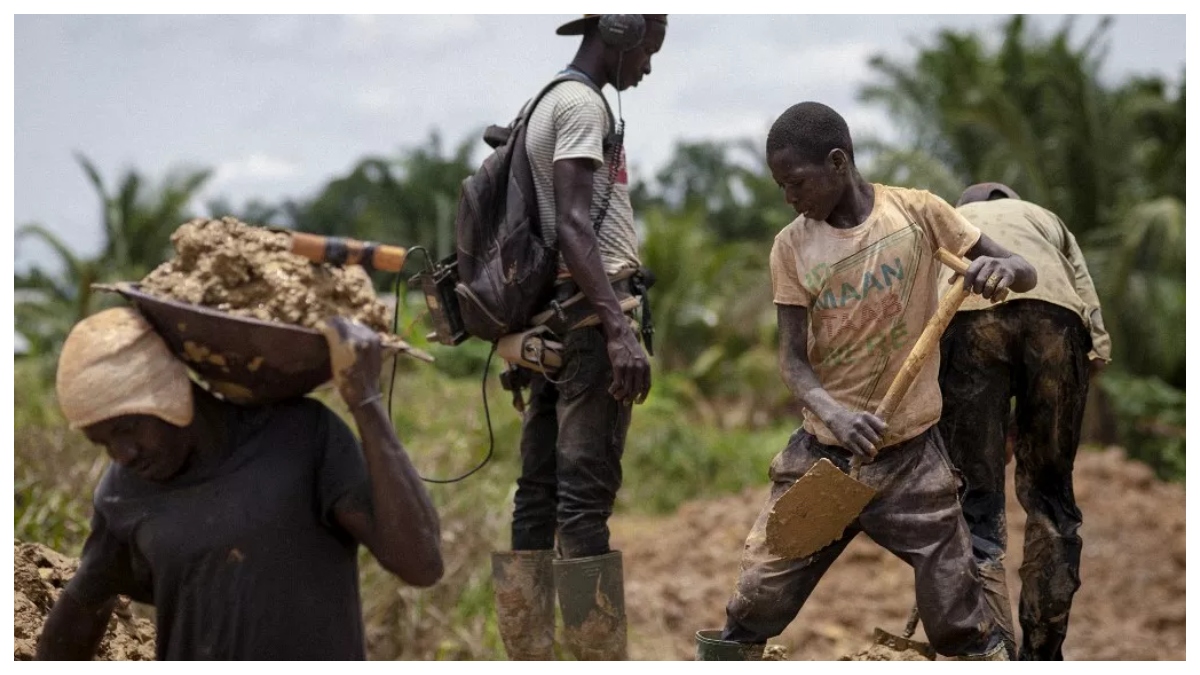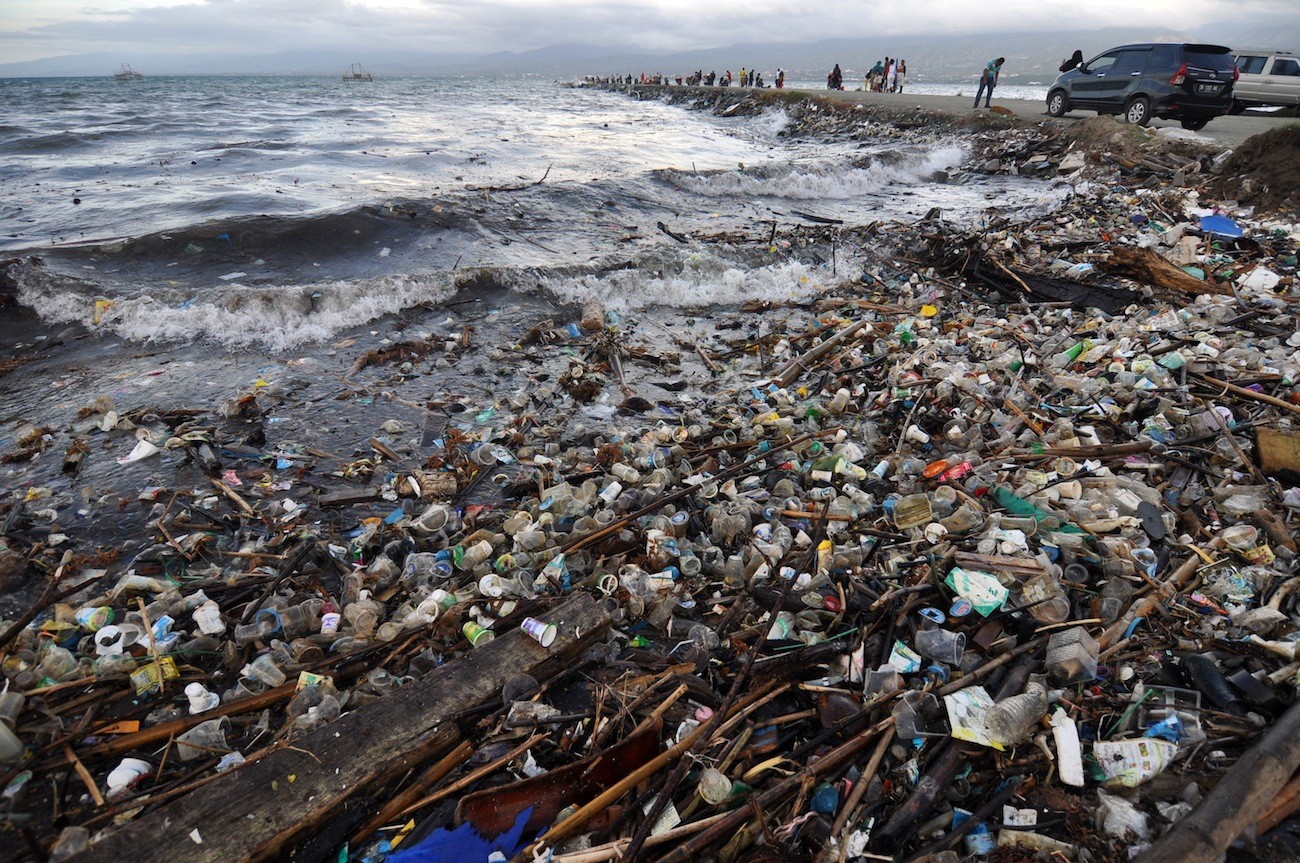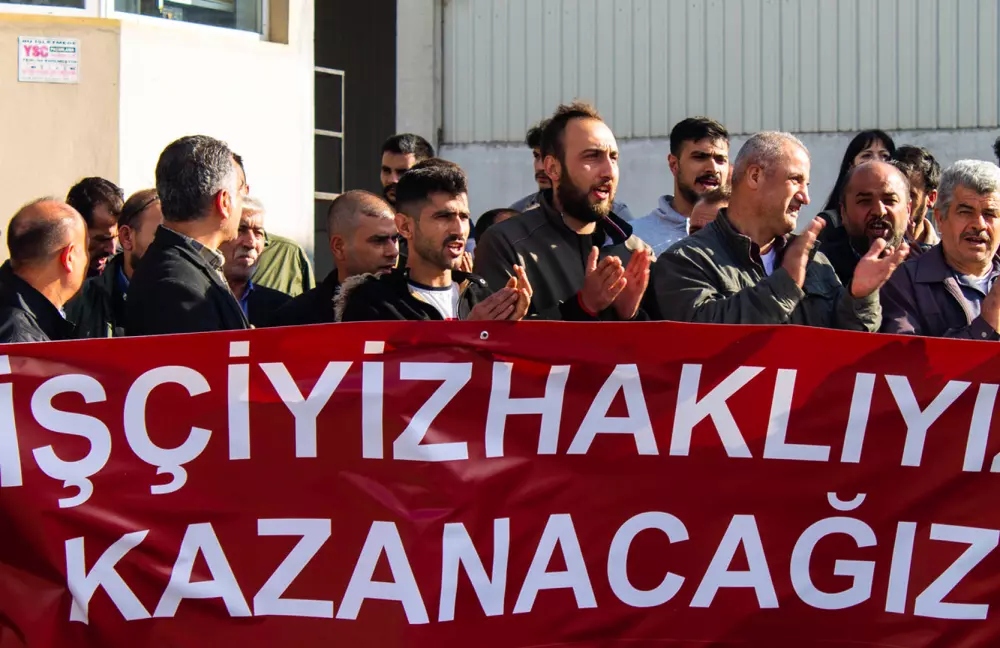Turkey faces mounting pressure to halt operations at the
Copler gold mine in Ilic, Eastern Turkey, after a devastating landslide left at
least nine miners trapped. The Union of Chambers of Turkish Engineers and Architects
insists on immediate closure, citing ignored warnings of an impending
catastrophe. They demand accountability and the cancellation of environmental
impact reports.
Rescue efforts involve 1,700 personnel navigating
cyanide-contaminated terrain to locate the missing workers. Interior Minister
Ali Yerlikaya coordinates a multifaceted response, while an investigation leads
to the arrest of four individuals, including the pit's field manager.
Operated by Anagold, majority-owned by SSR Mining, the mine is
a significant gold producer. However, concerns escalate as environmentalists
fear contamination of the Euphrates River due to cyanide and sulfuric acid
usage in extraction processes. Efforts to contain potential pollution prompt
debates between authorities and local environmental groups.
The Copler mine's troubled history includes a previous
closure in 2020 following a cyanide leak into the river. Despite fines and
cleanup efforts, it resumed operations amid persistent local opposition.
Turkey's grim mining safety record, marked by fatal incidents like the Amasra
coal mine explosion in 2022 and the Soma disaster in 2014, underscores systemic
safety lapses.
Engineers emphasize the recurrent negligence of safety
protocols and inadequate inspections, urging comprehensive reforms.
As Turkey grapples with this latest mining crisis, urgent
calls reverberate for decisive action to safeguard lives and the environment,
highlighting broader systemic challenges in the country's mining industry.










.jpg)